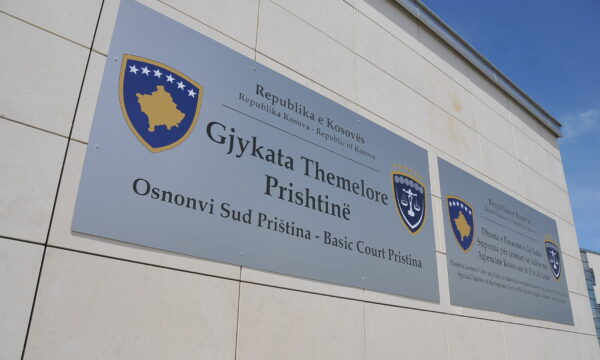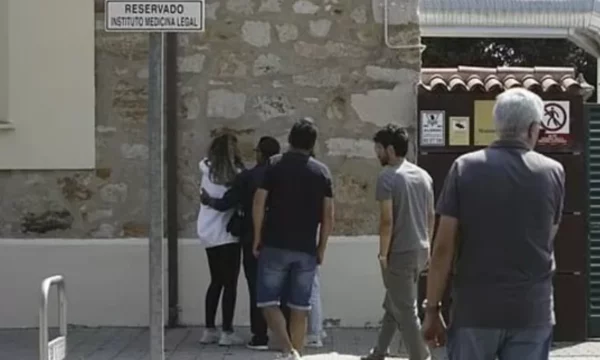
Lajme
string(148) "possible-options-relating-to-the-establishment-of-the-association-of-serb-majority-municipalities-document-of-lajcaks-office-sent-to-kosovo-pm-kurti"English

Gazeta Express
11/06/2021 13:53‘Possible Options Relating to the Establishment of the Association of Serb Majority Municipalities,’ document of Lajcak’s Office sent to Kosovo PM Kurti

English

Gazeta Express
11/06/2021 13:53The Agreement on establishment of the Association of Serb-majority Municipalities is one of the issues expected to halt resumption of negotiations between Kosovo and Serbia. Leader of the Vetevendosje and Prime Minister, Albin Kurti, during his political journey as opposition leader has strongly opposed the Agreement, and after becoming Prime Minister he said that there can be no monoethnic Association. On the other hand, Serbia is insisting on the establishment of the “Zajednica” (Community of Serbian Municipalities) whereas the EU asks parties to respect and implement the agreements reached so far during the EU-facilitated dialogue in Brussels.
Gazeta Express got hold of a document, reportedly was drafted by the office of the EU Special Representative for Kosovo-Serbia dialogue, Miroslav Lajcak, which lists potential options on establishment of the Association of Serb-majority Municipalities. This document dubbed: “Possible Options Relating to the Establishment of the Association of Serb Majority Municipalities,” has been sent to the Government of Kosovo led by Albin Kurti.
The document offers modalities on how to proceed with the establishment of the Association, considering all developments which have happened and the ruling of the Constitutional Court of Kosovo related to the Association.
(i) The competences of the A/CSMM could be further detailed to include all subject matter in the Law on Municipal Self-Government. In particular, the statute on the A/CSMM should reiterate the provisions for “enhanced competencies” for Serb majority municipalities that are included in the Law.
(ii) The competencies of the A/CSMM could include explicit authority to establish the five types of cooperative arrangement given in Articles 9 to 14 of the Law on Inter-Municipal Cooperation. There should be further examination of the option of a joint public institution as some form of this model may serve as the principal form of cooperation within the A/CSMM.
(iii) The choice between “having” and “exercising” full overview could be avoided by adopting a different construction. The A/CSMM might “exercise” full overview regarding the competences of its member municipalities for economic development, education, health and urban and rural planning (as well as for “cultural affairs as in the Law on Local Self-Government), while “having” full overview of the policies and activities of the central authorities and other municipalities regarding their policies and activities in these areas.
Të tjera nga rubrika

The Basic Court dismisses the indictment against Klodian Allajbeu, Ekrem Lluka and others

Jessica Simpson Takes Lookalike Daughter to Paris For 13th Birthday Amid Divorce

British couple die after Ferrari plunges off mountain in Spain

Tariffs Temporarily Cut As Talks Narrow Differences

Argentina’s top court finds 80 boxes of Nazi materials in its basement

Why The Tops Of Microwave-Baked Treats Are Ugly And How To Fix Them
Te fundit

Gruaja e Diogo Jotës në lot para morgut, ngushëllohet nga të afërmit

Salah ndërpret pushimet pas vdekjes tragjike të Diogo Jotës, rikthehet më herët në Angli

Haradinaj reagon ashpër ndaj Kurtit: Deklaratë e qëllimshme, e ulët dhe do ta turpërojë

QKMK paralajmëron qytetarët që udhëtojnë në Kroaci: Trafik i rënduar në Zagreb më 5 dhe 6 korrik

Presidenti i Lille e konfirmon: Edon Zhegrova drejt largimit

Sejdiu: Albin Kurti po e rëndon luftën e ish-krerëve të UÇK-së në Hagë
✕





